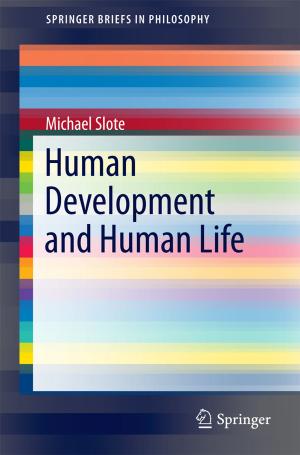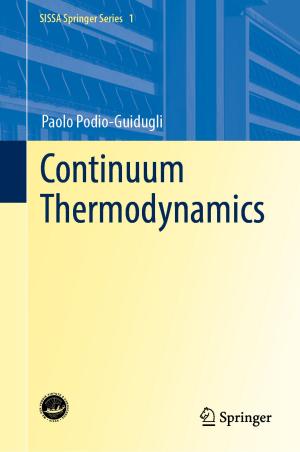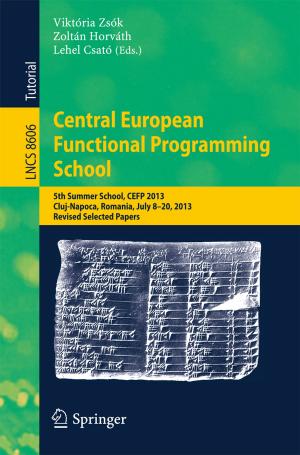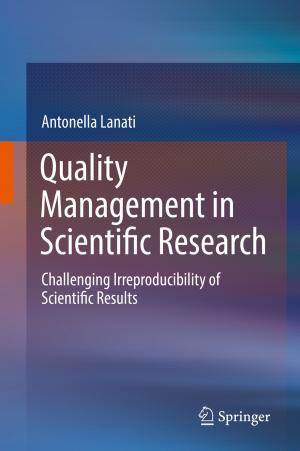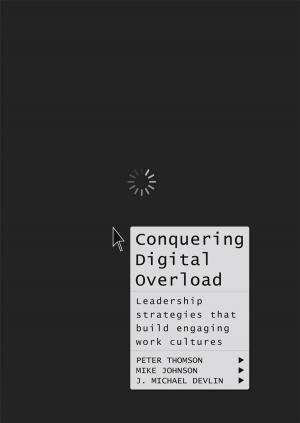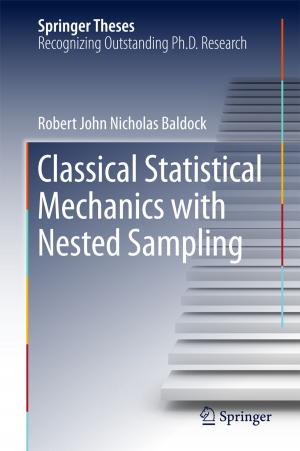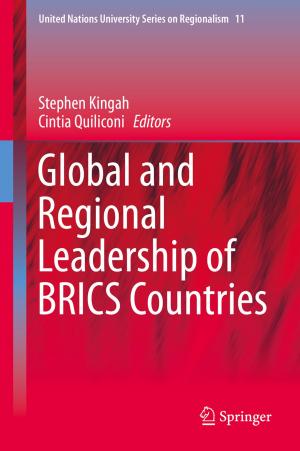The Spectacle of Politics and Religion in the Contemporary Turkish Cinema
Nonfiction, Social & Cultural Studies, Social Science, Sociology, Marriage & Family, Religion & Spirituality, Christianity, Church, Church & State, Entertainment, Performing Arts| Author: | Ebru Thwaites Diken | ISBN: | 9783319717005 |
| Publisher: | Springer International Publishing | Publication: | March 9, 2018 |
| Imprint: | Palgrave Macmillan | Language: | English |
| Author: | Ebru Thwaites Diken |
| ISBN: | 9783319717005 |
| Publisher: | Springer International Publishing |
| Publication: | March 9, 2018 |
| Imprint: | Palgrave Macmillan |
| Language: | English |
This book explores how politics, religion and cinema encounter and re-invent each other in contemporary Turkish cinema. It investigates their common origin—the spectacle, which each field views as an instrument of governmentality. The book analyses six recent, some of which are internationally known Turkish films: The Messenger (Ulak), A Man’s Fear of God (Takva), Let’s Sin (İtirazım Var), SixtyOne Days (İftarlık Gazoz)*, The Imam** and The Shadowless (Gölgesizler). *Thwaites discusses how the cinematic nature of politics and religion unfold amidst the increasing media visibility of religion in contemporary Turkey. The chapters explore the relationship between art and religion, and compare religion and philosophy in their relation to truth, belief, and economy. Through close examination of these films, the author highlights the role of cinema in contemporary Turkey and at the heart of the religious paradigm.
This book explores how politics, religion and cinema encounter and re-invent each other in contemporary Turkish cinema. It investigates their common origin—the spectacle, which each field views as an instrument of governmentality. The book analyses six recent, some of which are internationally known Turkish films: The Messenger (Ulak), A Man’s Fear of God (Takva), Let’s Sin (İtirazım Var), SixtyOne Days (İftarlık Gazoz)*, The Imam** and The Shadowless (Gölgesizler). *Thwaites discusses how the cinematic nature of politics and religion unfold amidst the increasing media visibility of religion in contemporary Turkey. The chapters explore the relationship between art and religion, and compare religion and philosophy in their relation to truth, belief, and economy. Through close examination of these films, the author highlights the role of cinema in contemporary Turkey and at the heart of the religious paradigm.

